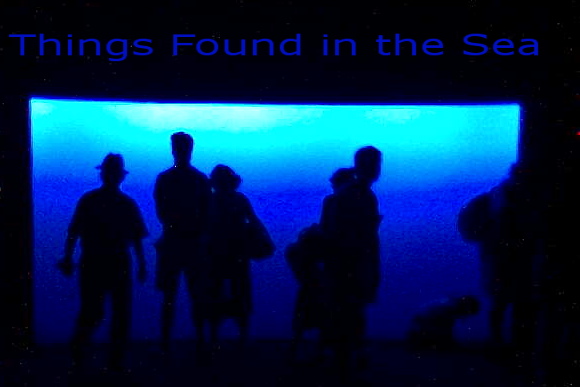
I Love Stephanie Blythe
Every now and then it is great to see a big Italian opera, full of big tunes, a few deaths, and, when the production is right at the Met, incredible sets. Thus I treated myself on April 19 to 286th Metropolitan Opera performance of Verdi's Un Ballo in Maschera.
I don't really think this is one of Verdi's masterpieces. It lacks any truly great showstopping tune, and the plot is fairly rudimentary - boy loves girl who is married to boy's best friend, that's all you need to know - and come to think of it the characterization is fairly rudimentary as well. You don't really feel for any of the characters. Yet when performed by a first-rate cast, it is a satisfying night at the opera.

And the cast was suberb. Dmitri Hvorostovsky, the heartthrob Siberian Husky, played Captain Anckarstrom (okay wait, a digression. So this production put the opera back in Swedish with royal Swedish characters, as Verdi and his librettist Antonio Somma had originally intended before censors got a hold of it and forced it to be relocated to colonial Boston of all places. However Hvorostovsky's character is more famously known as Renato , and calling him Captain Anckarstrom seems silly. Though I suppose on some levels many operas are silly in this respect. It doesn't really matter that Norma is a Druid, or that Lucia is in Scotland...), Angela Brown played Amelia, Captain Anckarstrom's wife, and Salvatore Licitra was Gustavo III, King of Sweden (ho hum the King of Sweden singing Italian arias, ho hum), all strong singers with good stage presence.
But of course I was really there to see Stephanie Blythe, who has it, whatever it is that makes a performer that much more special. She played Ulrica, the fortune-teller who is only in one scene (but what a scene!), and she was a captivating presence. Her voice is a rich, deeply nuanced thing of beauty, and in my world she is cast in just about every opera (though come to think of it, she has recently been at the Met in Handel AND Wagner, so it is conceivable she could actually be in every opera if she chose to).
The singers had a grand time galavanting through Piero Faggioni's grand production. While not quite on the amazingly gaudy level of Zefferelli, these sets were still stunners. Ulrica's warehouse was like the port scene in Pirates of the Caribbean, with pyrotechnics, and flag-waving, and the final Masked Ball made the Met stage seem about a gazillion feet deep, with roughly 400 people on stage - who cares if these things are accomplished with smoke and mirrors, they are great sets which lend a true sense of grandeur to accompany the music.
Of course people die in the end, but only after proclamations of love and fidelity all around. How can you not love it?


No comments:
Post a Comment